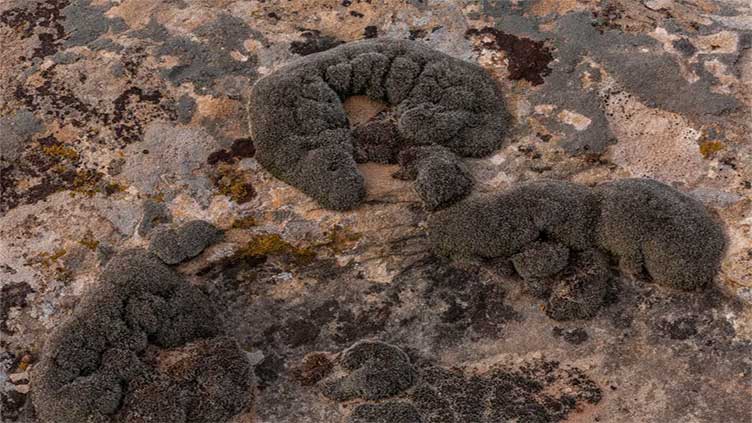Scientists discover Antarctic desert moss that 'can survive on Mars'

Technology
It could bring us one step closer to living on Mars
(Web Desk) - A major breakthrough by space boffins could bring us one step closer to living on Mars after it was discovered that desert moss could survive on the red planet.
Experts in China believe a moss called Syntrichia caninervis has the potential to survive harsh conditions on the Red Planet.
While the moss isn't edible, for humans this could be a way of producing oxygen for air and water.
It could also change the planet's material and encourage plants to grow.
Syntrichia caninervis is one that can be found already in regions with extreme conditions like Antarctica and the Mojave desert - making it very durable for somewhere like Mars.
But new breakthrough research says that caninervis can survive ultra-freezing temperatures as low as a whopping -196C, high levels of gamma radiation and low oxygen levels.
From conducting various research on the moss, scientists put the plant in simulated Martian conditions - and succeeded.
This consisted of a 95per cent carbon dioxide atmosphere, extreme fluctuating temperatures and high levels of UV radiation.
Scientists took a different approach to this discovery as it is the first study to test whole plants over other studies conducted on a much smaller scale.
"The unique insights obtained in our study lay the foundation for outer space colonisation using naturally selected plants adapted to extreme stress conditions.
"Looking to the future, we expect that this promising moss could be brought to Mars or the moon to further test the possibility of plant colonisation and growth in outer space."
Despite the moss' success, scientists say there are some limitations to the discovery that require more research.
Prof Stuart McDaniel at the University of Florida told The Guardian:
"These experiments represent an important first step, but they do not show that the moss could be a significant source of oxygen under Martian conditions,
Nor do they show that the desert moss could reproduce and proliferate in the Martian context".
But the research is a phenomenal breakthrough in space colonisation research, which Prof Edward Guinan from Villanova University acknowledged.
He said to The Guardian: "We have a long way to go,
"But this lowly desert moss offers hope for making small portions of Mars habitable for humankind in the future."
The news comes after new tests show colonists living on Mars could grow their own food.
To colonise Mars, settlers will have to grow their own food, said landscape architecture expert Benz Kotzen, of University of Greenwich in London.
The race is on to create Mars-friendly food as Nasa wants to set up colonies on the fourth planet from the Sun in the next few decades.


